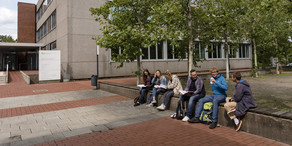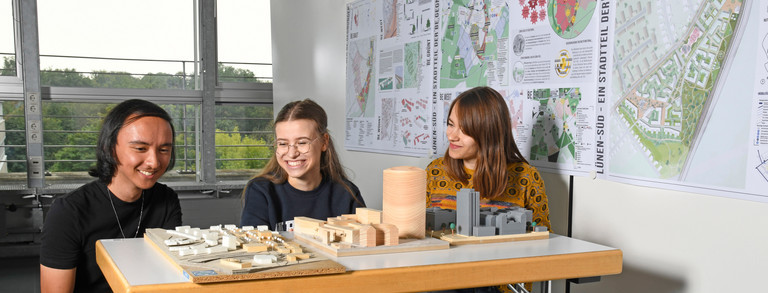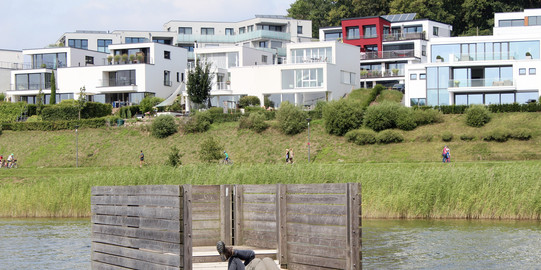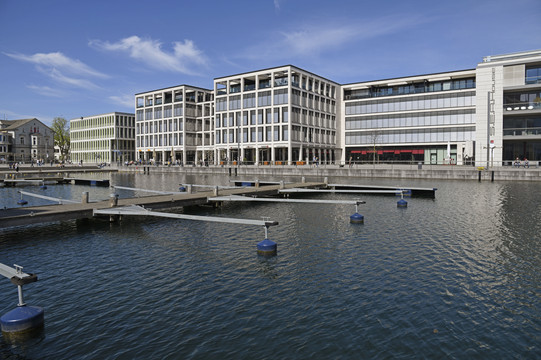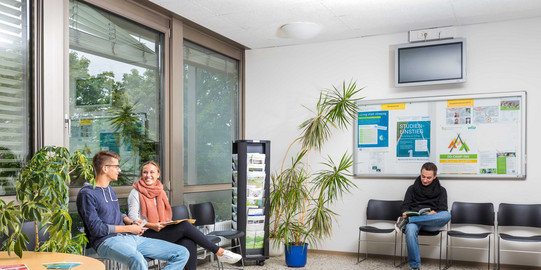Master in Spatial Planning
Master's program in Spatial Planning
Please confirm video activation.
After activation, cookies will be set and data is sent to YouTube (Google).
To the Google Privacy Policy
Please confirm video activation.
After activation, cookies will be set and data is sent to YouTube (Google).
To the Google Privacy Policy
The Master of Science in Spatial Planning is a two-semester-program which welcomes especially students from the fields of urban and regional planning, spatial planning, and urban design. Students from similar disciplines such as geographers or (landscape) architects are also welcome to apply to the M.Sc. Spatial Planning if their respective Bachelor studies or working experience correspond with the content of the bachelor program in the Department of the Spatial Planning.
Depending on the particular curriculum the students are able to choose seminars out of different specializations. The specializations taught in English are called „Urban Transformation“ and „Planning in the Global South“.
With the consecutive master program Spatial Planning, students acquire an additional professional qualification. At the same time, the master program serves as preparation for acquiring a doctorate. The master program Spatial Planning qualifies students in particular to apply basic knowledge in spatial planning in new contexts on an interdisciplinary basis and to extend their knowledge and skills individually in chosen fields of spatial planning research activities.
On the basis of the skills and abilities acquired in the spatial planning master program, spatial planners are qualified
- to scientifically analyse and evaluate the natural, social, cultural and technological prerequisites of applied spatial planning
- to identify and evaluate the spatial effects of social, economic and cultural developments on all spatial levels
- to creatively cooperate in the development of spatial planning as a science on the basis of comprehensive scientific methods and international research findings
- to cooperate analytically, methodically as well as creatively in solutions for complex spatial planning assignments
- to integrate global challenges like climate change and demographic change with their demands in the context of planning assignments on a local, regional and European level
- to lead-manage and moderate comprehensive spatial planning projects as well as to lead interdisciplinary task forces
- to communicate the special interests and objects of spatial planning to political decision-makers and different social target groups on various planning and decision-making levels of spatial planning
- to critically analyse and reflect the planners’ own actions against the background of current national and international debates in spatial planning science
The goal of the M.Sc. program is to ensure that students have acquired the necessary basic skills for managerial positions in professional practice, whether they possess a comprehensive overview of their subjects as well as the necessary skills to apply advanced scientific methods and findings independently and in groups.








